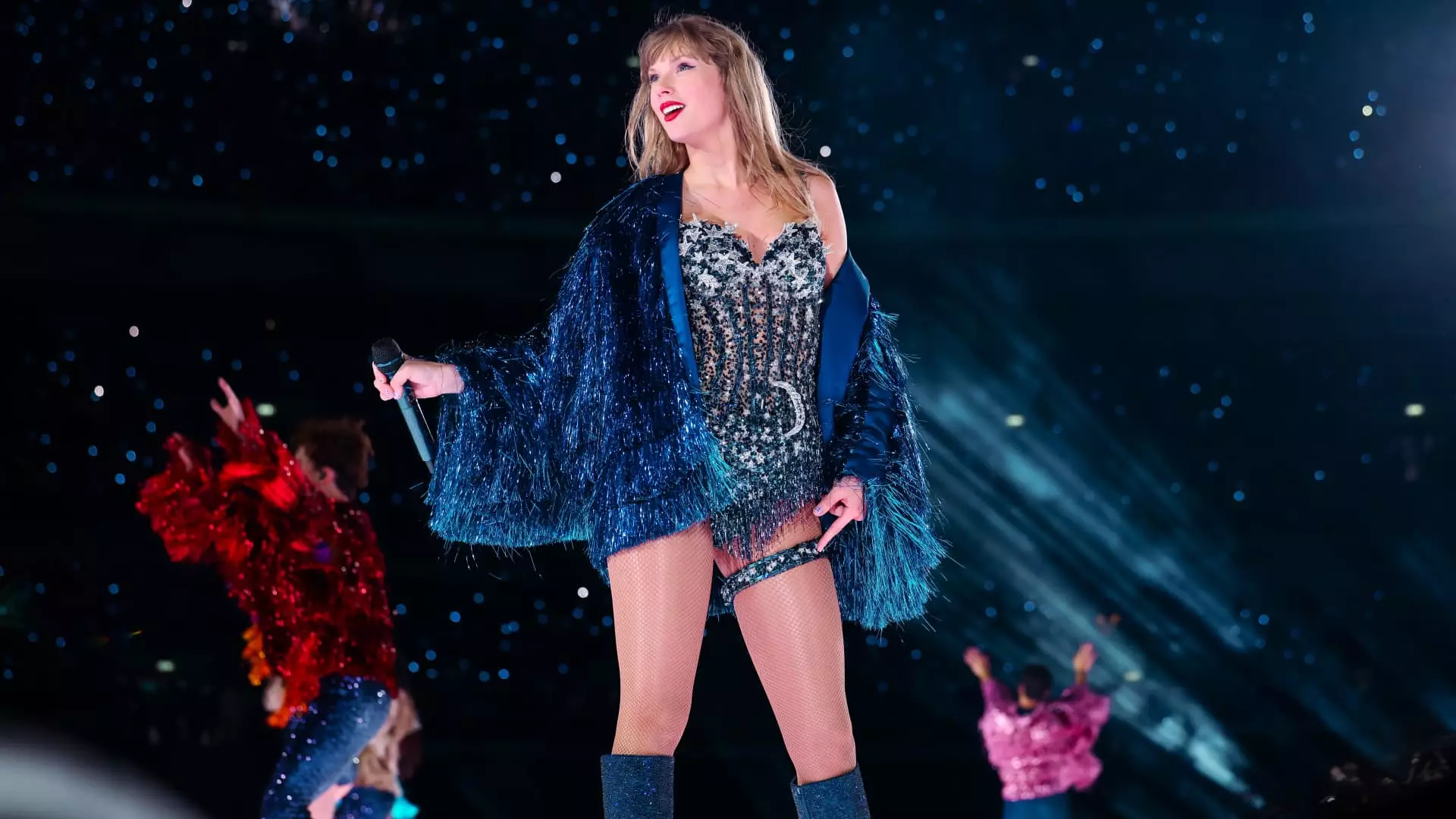In the complex landscape of American politics, celebrity endorsements can often influence public sentiment, sometimes in unexpected ways. A recent instance of this dynamic played out when pop star Taylor Swift publicly endorsed Vice President Kamala Harris, triggering a fiery response from former President Donald Trump. Trump’s reaction was characteristically dramatic, revealing the tensions that often accompany celebrity involvement in political discourse. His all-caps outburst on Truth Social—“I hate Taylor Swift!”—served as a stark reminder of how contentious political stakes can become, particularly when figures like Swift, who possess considerable cultural capital, enter the fray.
Swift’s endorsement came shortly after a heated presidential debate, where she praised Harris as a “steady-handed, gifted leader,” emphasizing a desire for leadership defined by calm rather than chaos. In her Instagram post, she drew attention to her status as a “childless cat lady,” a jab at remarks made by Republican vice presidential nominee JD Vance about Democratic women. This playful self-identification was a clever move, aligning her message with a subtler critique of sexist stereotypes while simultaneously building a rapport with her audience. Swift’s foray into politics reflects a growing trend where artists leverage their platform to advocate for candidates they believe will support their values and vision for society.
Moreover, Swift’s endorsement proved to be more than just a symbolic gesture. In the wake of her post, over 300,000 people visited Vote.gov—an indication of the tangible impact her endorsement had on civic engagement. This phenomenon highlights the increasing role social media plays in mobilizing voters, particularly younger demographics that often follow these celebrities. It’s an extraordinary manifestation of how personal influence intersecting with political motives can create waves in voter awareness and participation.
Trump’s reaction to Swift’s endorsement can be seen as not just a personal attack but also a reflection of his fear regarding the potential influence of celebrity endorsements on public opinion. His attempt to minimize Swift’s impact, portraying her as inconsequential in the larger political landscape, seems to mask an underlying acknowledgment of her widespread reach and appeal. The Harris-Walz campaign’s witty retort, which incorporated references to Swift’s music, cleverly turned the tables on Trump, emphasizing that his “week of whining and spouting conspiracy theories” had left a bitter taste among voters.
As we continue to witness the intertwining of celebrity culture and political messaging, the effects of such endorsements will remain a topic for analysis. While it’s still uncertain how much sway figures like Taylor Swift hold in shaping electoral outcomes, their capacity to mobilize a significant following underscores a vital shift in how political narratives are constructed in this digital age. The unfolding saga between pop stars and politicians suggests that engagement may very well be the new frontline in political strategy, where the presence of a single influencer can potentially shift the dynamics of an entire race. As we look ahead, the implications of celebrity involvement in politics warrant careful consideration, not only for the present electoral cycle but for the future of democratic engagement itself.


Leave a Reply